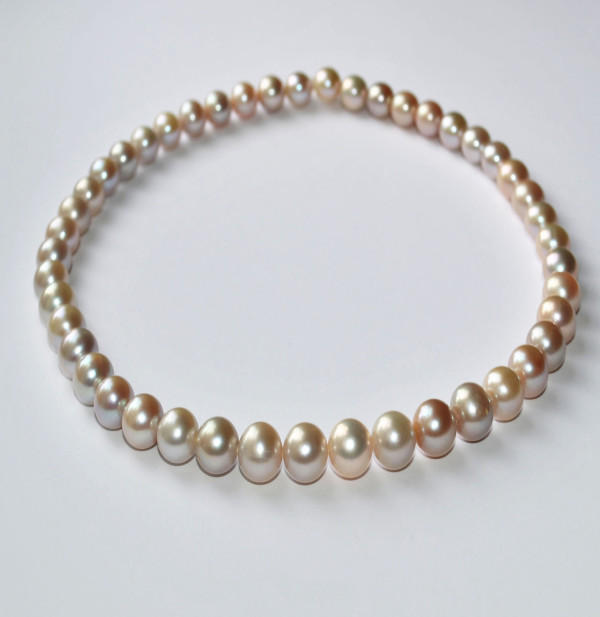- November 30, 2016
- Posted by: Liam Dai
- Category: Uncategorized

Renters’ and Jewelry Insurance
If you’re a renter, you should know that having renters’ insurance is one of the best things renters can do to secure their belongings and their future welfare should a loss occur. Renters should know that there are limits to how much they can be compensated for per item.
In no other category is this more apparent than jewelry. If you think you’re covered for the loss of your jewelry, think again.
In this article, we’ll discuss a few principles that can help renters with a taste for the finer things in life can do to make sure they’re fully protected against future loss of their priceless jewelry.
Renters Insurance
Essentially, a renters insurance policy is a form of homeowners insurance policy, in that your possessions and personal liability are protected from loss as a tenant. As you’re not the owner of the property, the landlord is responsible for the structure(s) of the property.
Renters’ insurance policies typically cover your personal property against loss or theft, but there are a few catches that you should reread in your policy to be sure of the extent of your coverage.
Limits for Claims
If you’ve lost an expensive jewelry item, you should be aware of how renters insurance pertains to reimbursing you for the cost of the ring, but also the per-item limit (also known as personal property limits). Yes, your ring may be covered by a large policy, but the item itself may be subject to its individual limitations.
Most renters’ insurance policies state that they’ll only pay up to a certain amount for each piece of insured jewelry. Generally, the limit is set between $1,000 and $1,500 per item. Sometimes, the “group” limit may be set only at $2,500 (variable by state and carrier), which may be way lower than the total value of your jewelry pieces or may be lower than the current market value.
Floaters
Purchase a “Floater”: Also known as scheduled personal property coverage, a floater policy allow you to increase the amount of insurance coverage for an individual piece of jewelry (or, for any type of valued item). Floaters may raise the premiums you pay for renters insurance, but they also have some advantages.
Normal renters policies only cover your jewelry if it’s destroyed or lost as a result of theft, fire or other specified peril; floaters, on the other hand, cover you for other kinds of loss. If you inadvertently leave your expensive earrings behind in a hotel room or foolishly drop your ring down the sink’s drain, you may retain coverage that’s typically excluded under normal policies.
Before taking out a floater, you must determine the value of your items by having each piece professionally appraised for a current estimate of their value. It is also worthy to note that a professional appraisal requires an out-of-pocket expense not covered by most policies.
A Side Note…
If your deductible is $1000 or higher, and the item you’re insuring is worth less than that, filing a claim would be a poor financial decision, as you would still be obligated to pay a majority out-of-pocket before the policy pays the remainder. Remember that a high deductible brings down the cost of your premium, but be sure not to make the deductible higher than you are willing to pay out-of-pocket.
* * *
If you’re a renter and have some expensive items, it is worth your time to investigate just how much coverage you actually have. That’s why we recommend contacting our expert insurance advisors at RiskBlock so you sleep easy knowing that you and your valuables are safe and sound.
